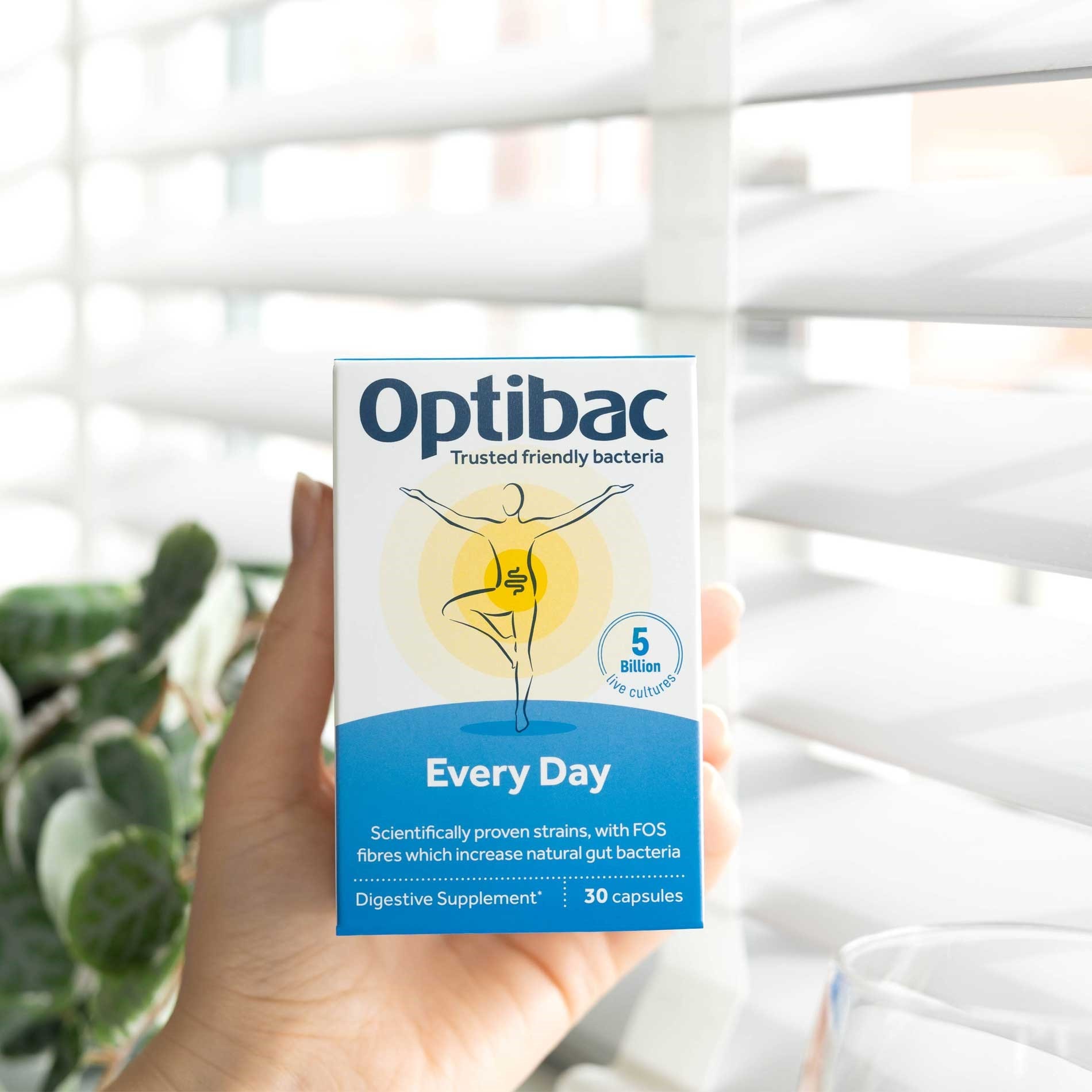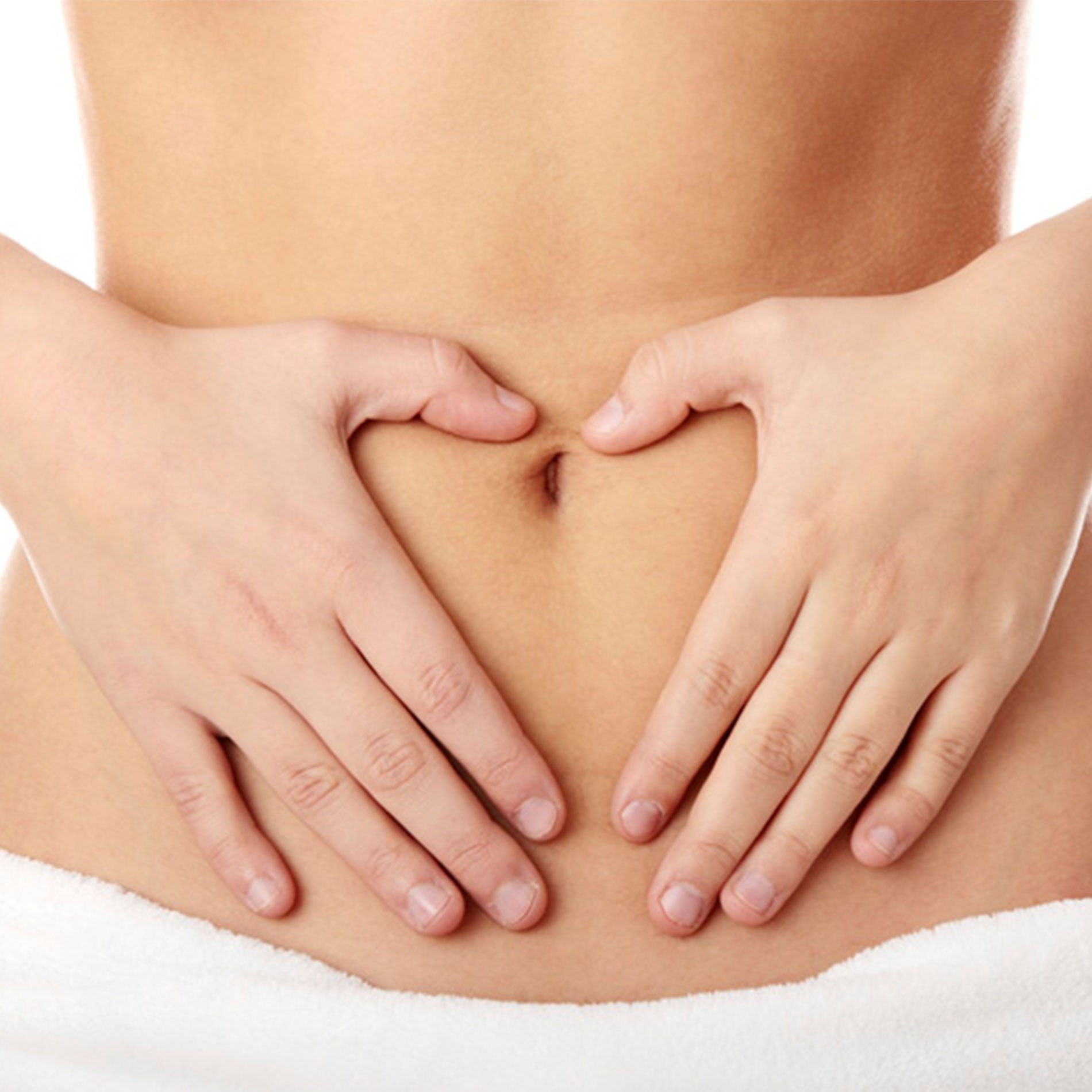- About Us
-
Help
Free 1:1 supplement advice
Not sure which supplement is right for you? Book a free, 15 minute telephone call with one of our nutritional experts.
Book your free consultationGet in touch (Mon to Fri, 9am - 5pm)
Customer Service: +44 (0) 1264 339 770
Order Enquiries: +44 (0) 1264 363 193
Contact us - Stockists
You are on the UK site
Hello US customer, you are currently shopping on the UK site. To ensure you are charged in the correct currency and receive accurate shipping costs, please switch to the US website and re-add your product to your basket.
You're away from FREE UK delivery Free UK delivery (applied at checkout) on orders over £10.00
You have qualified for Free UK delivery
Health News
Japanese bacteria to travel to space
The makers of Yakult, a fermented milk drink, and the Japan Aerospace Exploration Agency (JAXA) are to carry out an intriguing six year study, in which they will take their strain of the beneficial bacteria Lactobacillus casei into space.

The study aims to determine the effects of probiotic foods in the gravity-free environment of the International Space Station. Japanese astronauts will consume one Yakult drink each day for a month and stool, saliva and blood samples will regularly be taken and analysed in order to determine any changes in the health of the astronauts.
It has been previously determined in studies that the health of astronauts can deteriorate in space. With longer and more complex space missions planned for the future, such as a potential manned trip to Mars, the need to maintain the health of the astronauts will become even more crucial. This study aims to determine whether the consumption of beneficial bacteria can support the health of astronauts, which would be invaluable.
The really interesting element of the study which involves taking bacteria into space, is that it has required a change in attitude from regarding bacteria in space as negative to potentially positive. It is known that the effect of space flight can increase the number of pathogenic bacteria and disease-causing organisms such as Salmonella, which have been shown to proliferate at a rapid rate in a gravity-free environment. As a result, astronauts tend to consume specially designed sterile "space food", as well as undergoing a period of isolation before they embark on space missions in order to prevent contamination with bacteria or viruses. In this instance, the study involves the astronauts actively consuming bacteria in the form of the fermented milk drinks.
As a result of the study, there may also be some potentially beneficial implications for the health of those on the ground, such as the elderly and others who are at a higher risk of illness. Hiroshi Ohshima, manager of the space biomedical research office at JAXA, states, "Space is a model for accelerated ageing, so if we can find preventative measures in space, these could be applied on the ground too".
Despite the long length of the study, we are already looking forward to hearing the results and potential benefits of bacteria in supporting the health of astronauts.
Popular Articles
View all blogs-
Lifestyle02 May 2023
-
About Live Cultures13 Dec 2024
-
Suitability05 Jun 2025
.png?lang=en-GB)



